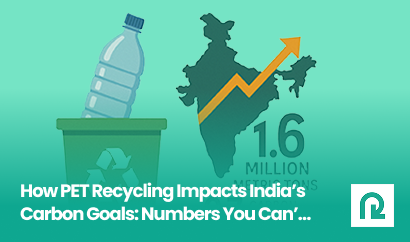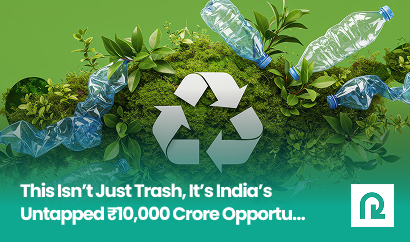Introduction
Recycling is undergoing a technological revolution. As the world grapples with mounting waste and environmental degradation, innovative solutions are emerging to make recycling more efficient, accessible, and impactful. In 2024, these innovations are setting new standards for how we manage and repurpose waste.
Technological Breakthroughs in Recycling
Chemical Recycling: Unlike traditional mechanical recycling, which degrades plastic quality over time, chemical recycling breaks down plastics at the molecular level, allowing them to be recycled indefinitely.
AI-Powered Sorting Systems: Artificial intelligence is revolutionizing recycling plants by improving the accuracy of sorting recyclable materials, reducing contamination rates, and increasing efficiency.
Biodegradable and Compostable Plastics: These new materials are designed to break down naturally, reducing the environmental impact of plastic waste.
Global Leaders in Recycling Innovation
Countries like Japan, Germany, and the Netherlands are at the forefront of recycling innovation. They have invested heavily in technology, education, and infrastructure, achieving recycling rates as high as 70%.
India’s Contribution to Recycling Innovation
India is making strides in recycling innovation, particularly in the areas of plastic and e-waste recycling. Indian startups and companies are exploring sustainable alternatives to conventional recycling processes and developing scalable models for waste management.
Challenges to Adoption
While the technology exists, widespread adoption of these innovations is still hampered by economic constraints and lack of infrastructure, particularly in developing nations.
Conclusion
Recycling innovation in 2024 is set to transform how we manage waste. By embracing new technologies and practices, we can create a more sustainable and circular future.


